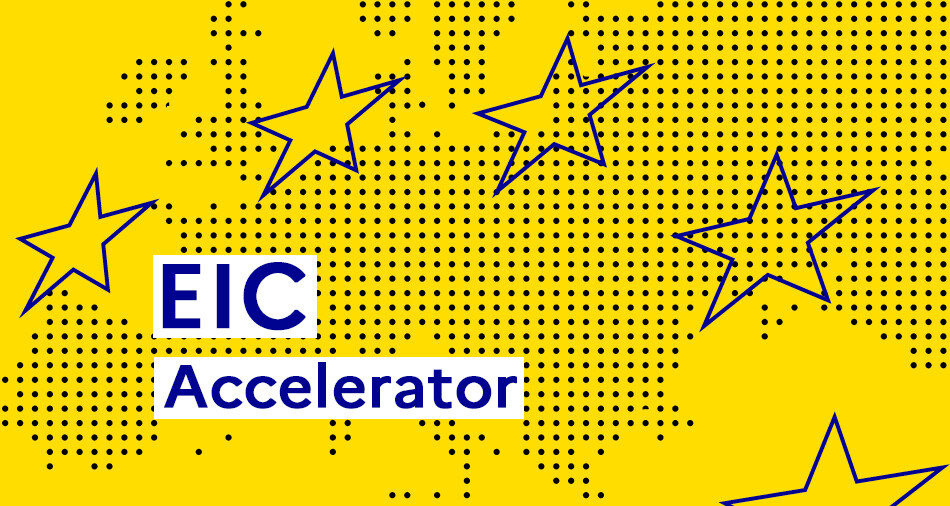ExpectedOutcome:
Project results are expected to contribute to all of the following expected outcomes:
- Contribute to the implementation of the REPowerEU Plan, in particular to i) diversify gas supplies via higher levels of sustainable bio-methane (mainly based on organic waste and agricultural residues) and green hydrogen, and ii) speed up Europe’s path to independence from fossil fuels by increasing the share of renewable energy (electricity, heat and fuels) in the European energy consumption.
- Increase the roll-out of local or regional renewable energy system solutions for electricity, heat and fuel needs and contribute to their market up-take in Europe.
- Create new sustainable jobs linked to local or regional renewable energy system value chains and enhance economic growth in local or regional European communities.
- Enhance security and autonomy of local or regional energy supply in EU Member States/Associated countries in current and future climate conditions.
- Increase the readiness, reliability, performance and affordability of local or regional renewable energy system solutions in Europe.
Scope:
The EU energy system strongly relies on centralised electricity generation and on fuel imports, with 95% of its oil and 84% of its gas consumption sourced from outside the EU. The REPowerEU Plan proposes a set of actions to reduce the EU’s dependence on fossil fuels and diversify its energy supply ‘well before 2030’. The three pillars of the plan are to ramp up the production of green energy, diversify our energy supplies, and reduce our demand for fossil gas, coal and oil.
Renewable energy valleys are understood as decentralised renewable energy systems that offer a viable and efficient solution to the challenges mentioned above. For example, local production and consumption, reduced transmission and distribution losses thanks to the reliance on local networks for energy needs, greater operational flexibility and reduced dependence on expensive fuel imports all contribute to a higher energy autonomy, a more secure supply, and lower, more stable overall energy costs, including for individual citizens. In addition, this alleviates a part of the load on the centralised grid and avoids blockages by the capacity of the grid.
Proposals are expected to address the following aspects:
- Creation of a renewable energy valley ‘living lab’ in local, peri-urban or regional communities that demonstrates in real life conditions the sustainable and cost-effective production and storage of renewable energy from different local renewable energy sources providing multiple renewable energy carriers (e.g., electricity, heat, renewable fuels, bio-methane, biogas, hydrogen), fully covering the local energy needs on an annual basis.
- Consideration of different potentials in terms of geography, climate and natural resources in the concept design.
- Consideration of different end users (e.g. buildings, mobility, industry, industrial parks) of the multiple renewable energy carriers.
- Reduction of energy use and energy losses through the integration of effective and innovative energy-efficient solutions.
- Development and testing of a digital twin of the specific local energy grid for all types of energy carriers (i.e., electricity, heat, fuels including gases) for operational analysis, detailed energy forecasting and local grid management.
- Scenario analysis using the digital twin to constantly improve multiple carrier grid management, planning, data gathering/handling and cyber security.
- Development of cost-effective upscaling and commercialisation approaches of the solutions, linked to robust business models along the value chains, considering inclusive and affordable access to energy for consumers. This can include collaborative ventures with local stakeholders.
- Regarding the development of the renewable energy technologies value chains, fostering the participation of the local industry and other stakeholders, including citizens, Energy Communities and the Energy Communities Repository[1] as appropriate, therefore generating local jobs, skills, economic growth and benefits for citizens. As such, providing support to the participation of citizens in the design, implementation and exploitation of renewable energy, in order to increase acceptability. Where applicable, synergies with other economic sectors than the energy sector may be considered.
- Regarding the local or regional renewable energy system developed, assessment of its stability, robustness, and fitness to the local resources and needs, including understanding consumer behaviour.
- Assessment of costs avoidance from fossil fuels imports in line with REPowerEU to decrease the dependence on such imports.
- Assessment - both at the design phase and during operation - of environmental and socio-economic impacts (positive and negative) for the local community or region, and development of measures to mitigate the negative impacts.
The renewable energy valleys can take diverse configurations, such as peri-urban settings, (agro-) industrial clusters or remote or islanded areas. They can also take the form of either distinct but combined systems or unique poly-generation systems (i.e., in the same infrastructure) to deliver multiple energy carriers from combined renewable energy resources and technologies.
The proposal should indicate how the operation and maintenance of the living lab will be guaranteed after the end of the project.
Technological developments for hydrogen production and storage are addressed in the frame of the Clean Hydrogen European Partnership and are therefore excluded from this call, but proposals may include the integration of such devices in the demonstration.
Proposals are expected to foresee coordination and collaboration with similar EU-funded projects (in particular, those that will be funded under this topic) for policy relevant issues such as regulatory framework, business models and obstacles to innovation.
Specific Topic Conditions:
Activities are expected to achieve TRL 7-8 by the end of the project – see General Annex B.
[1]https://energy.ec.europa.eu/topics/markets-and-consumers/energy-communities_en





